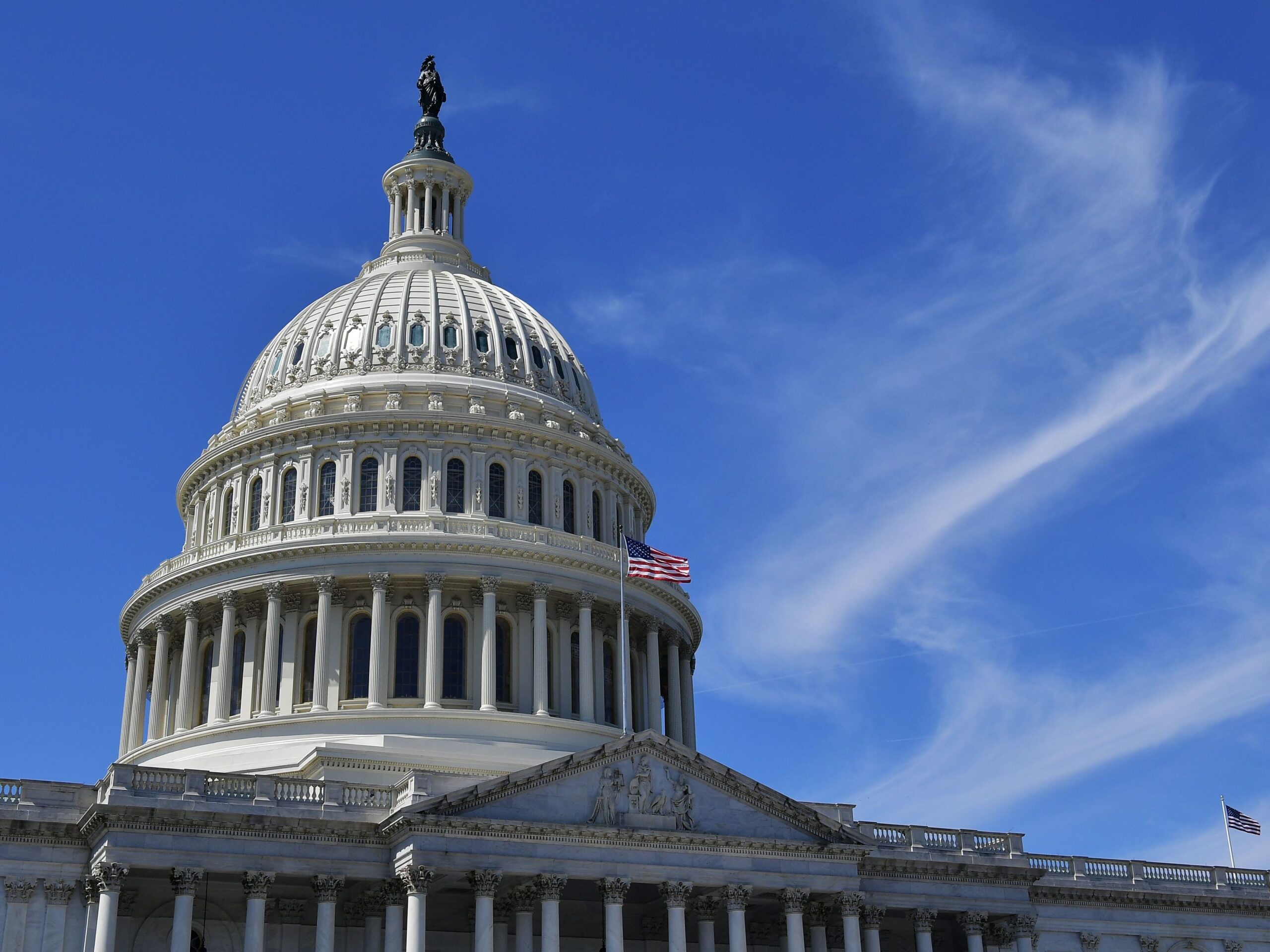
- The US House has restricted AI language models, only allowing OpenAI’s ChatGPT Plus due to privacy features
- Usage is limited to research, with no integration into the regular workflow, and data protection emphasized
- A bipartisan bill aims to establish federal AI regulatory oversight in the United States
The United States House of Representatives has implemented new regulations that prohibit the use of Artificial Intelligence (AI) large language models by its members, except for OpenAI’s ChatGPT Plus service. The decision was made in the interest of security. It was outlined in a notice sent by Catherine Szpindor, the House’s chief administrative officer. The memo states that House offices are only authorized to use the ChatGPT Plus version. This is because it incorporates essential privacy features to safeguard House data. No other versions of ChatGPT or similar AI language models are currently permitted for use in the House.
The regulations specify that House members can only use the software for research and evaluation purposes. Furthermore, they are prohibited from integrating ChatGPT into their regular workflow. Additional restrictions include not sharing sensitive data as prompts. Moreover, there is a requirement to enable all privacy settings when using ChatGPT Plus.
READ: OpenAI launches grant for developing Artificial Intelligence regulations
It is unclear from the document what specific privacy features are being referred to. This is because OpenAI has not explicitly listed any privacy-related benefits exclusive to the Plus service. According to OpenAI, ChatGPT Plus provides general access to the model during peak times. Moreover, it gives faster query responses, and priority access to new features. However, there is no mention of additional privacy features associated with the service.
In April, OpenAI introduced the option for users of both ChatGPT and ChatGPT Plus to delete their chat history and accounts. However, it is important to note that information removed in this manner is still retained on the ChatGPT servers for an additional 30 days.
READ: Emerging trends in Artificial Intelligence and deep learning
OpenAI has plans to launch a ChatGPT business subscription service. As mentioned in an April blog post, this will come with enhanced data control features. However, details about the specific differences between this service and ChatGPT Plus have not been disclosed yet.
The new House rules will primarily affect House members directly. However, Representatives Ted Lieu, Ken Buck, and Anna Eshoo have recently introduced a bipartisan bill that aims to establish a federal artificial intelligence commission. This commission would be responsible for providing regulatory oversight to the entire AI industry in the United States.
As the use of AI continues to evolve and raise concerns about security and privacy, it is not surprising to see institutions like the United States House of Representatives implementing restrictions on AI language models. By authorizing only specific versions of AI models and implementing privacy measures, the House aims to mitigate potential risks while allowing members to utilize AI technology for research purposes. The bill proposed by Representatives Lieu, Buck, and Eshoo further highlights the growing importance of regulatory oversight in the AI industry.
- SEO Powered Content & PR Distribution. Get Amplified Today.
- PlatoData.Network Vertical Generative Ai. Empower Yourself. Access Here.
- PlatoAiStream. Web3 Intelligence. Knowledge Amplified. Access Here.
- PlatoESG. Automotive / EVs, Carbon, CleanTech, Energy, Environment, Solar, Waste Management. Access Here.
- BlockOffsets. Modernizing Environmental Offset Ownership. Access Here.
- Source: https://web3africa.news/2023/06/28/news/us-house-bans-members-from-using-artificial-intelligence-chatbots/
- :has
- :is
- :not
- 30
- a
- About
- access
- According
- Accounts
- Additional
- administrative
- affect
- AI
- aims
- All
- Allowing
- an
- and
- any
- April
- ARE
- artificial
- artificial intelligence
- AS
- associated
- authorized
- banned
- BE
- because
- been
- being
- benefits
- between
- Bill
- bipartisan
- Blog
- both
- business
- by
- CAN
- Catherine
- chatbots
- ChatGPT
- chief
- come
- commission
- Concerns
- continues
- control
- Currently
- data
- data protection
- Days
- decision
- deep
- details
- developing
- differences
- directly
- document
- due
- during
- enable
- enhanced
- Entire
- essential
- establish
- evaluation
- evolve
- Except
- Exclusive
- faster
- Features
- Federal
- For
- from
- further
- Furthermore
- General
- gives
- grant
- Growing
- Have
- highlights
- history
- House
- house of representatives
- However
- HTTPS
- implemented
- implementing
- importance
- important
- in
- include
- industry
- information
- institutions
- Integrating
- integration
- Intelligence
- interest
- into
- introduced
- IT
- ITS
- jpg
- language
- large
- launch
- launches
- like
- Limited
- Listed
- made
- manner
- measures
- Members
- Memo
- mentioned
- Mitigate
- model
- models
- Moreover
- New
- New Features
- no
- Notice..
- of
- Officer
- offices
- on
- only
- OpenAI
- Option
- or
- Other
- outlined
- Oversight
- Peak
- plans
- plato
- Plato Data Intelligence
- PlatoData
- plus
- Post
- potential
- primarily
- priority
- privacy
- proposed
- protection
- provides
- providing
- purposes
- raise
- recently
- referred
- regular
- regulations
- regulatory
- regulatory oversight
- Removed
- Representatives
- requirement
- research
- responses
- responsible
- restricted
- restrictions
- risks
- security
- see
- sensitive
- sent
- Servers
- service
- settings
- sharing
- similar
- Software
- specific
- States
- Still
- subscription
- surprising
- Technology
- Ted
- that
- The
- their
- There.
- they
- this
- times
- to
- Trends
- United
- United States
- us
- US House
- use
- users
- using
- utilize
- version
- was
- What
- when
- while
- will
- with
- workflow
- would
- yet
- zephyrnet













